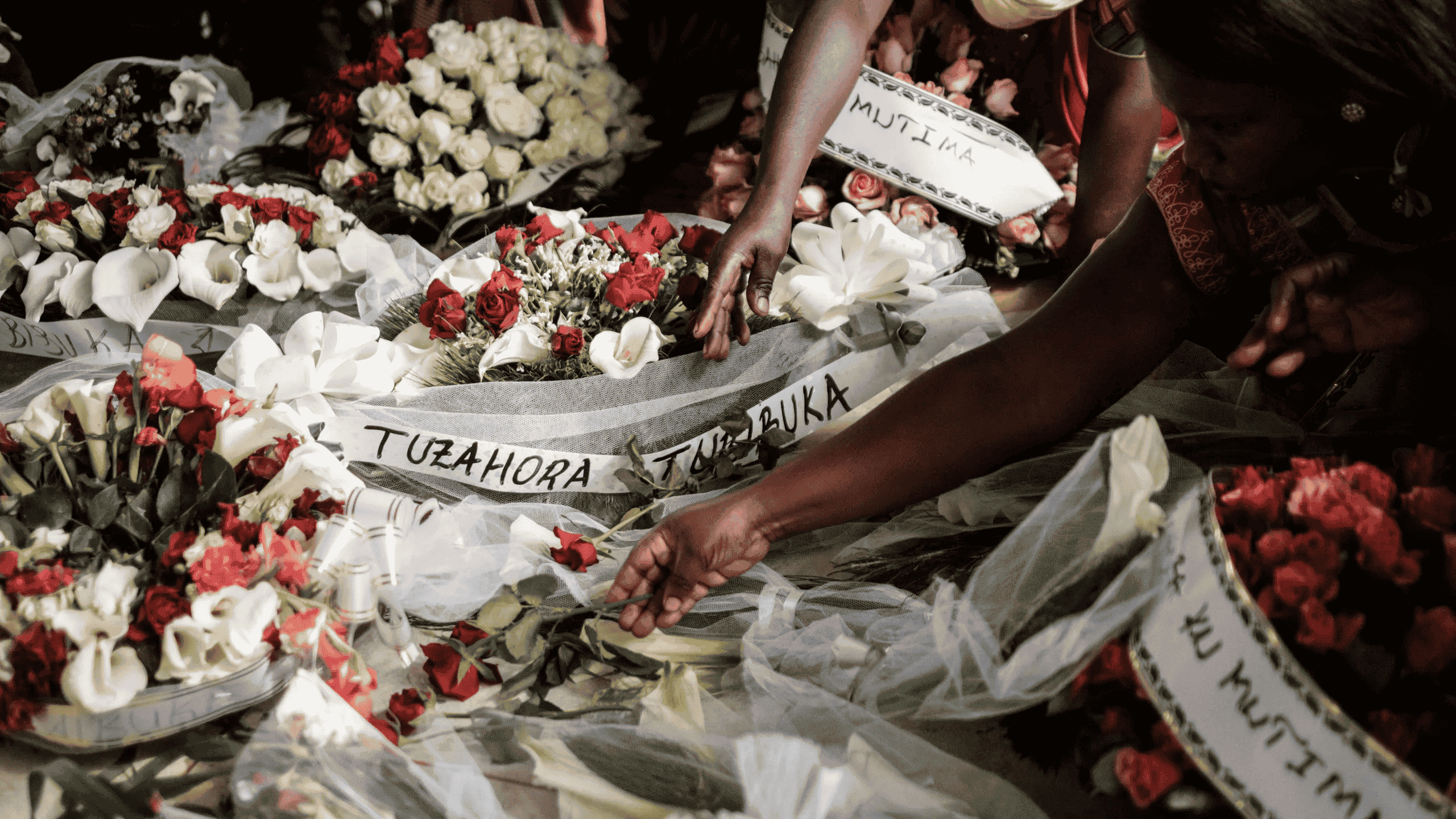Legal Aftermath
Context
The legal aftermath of genocides, such as the Rwandan Genocide and the Holocaust, represents both milestones and challenges in the pursuit of justice for survivors and accountability for perpetrators. While the Nuremberg Trials after the Holocaust set an early precedent for prosecuting crimes against humanity, they largely overlooked gendered violence, leaving many victims of sexual violence without recognition. In contrast, the International Criminal Tribunal for Rwanda (ICTR) made history by explicitly recognizing rape as a tool of genocide in Prosecutor v. Jean-Paul Akayesu, marking a significant step forward in addressing gender-specific crimes in international law. These legal responses illustrate the evolving understanding of justice in the aftermath of genocide, highlighting both the progress made and the gaps that remain in acknowledging and prosecuting gendered violence. This section examines how these tribunals addressed—or failed to address—sexual violence and the implications for modern human rights frameworks.
The Rwandan Genocide
The legal response to the Rwandan Genocide marked a turning point in the prosecution of gendered violence in international law. The establishment of the International Criminal Tribunal for Rwanda (ICTR) was a critical step in holding perpetrators accountable for the atrocities committed during the 1994 genocide. One of the landmark cases was Prosecutor v. Jean-Paul Akayesu, in which the court recognized rape as an act of genocide and a crime against humanity for the first time. This decision was groundbreaking, as it established that sexual violence could be used as a weapon of ethnic cleansing, aimed at destroying a specific group.
In addition to the ICTR, Rwanda implemented the Gacaca Courts, a community-based justice system designed to address the sheer number of cases stemming from the genocide. While these courts provided survivors with opportunities to testify and facilitated local reconciliation, they faced significant challenges, particularly in prosecuting cases of sexual violence. Many women were hesitant to speak out due to stigma, fear of retaliation, or trauma. Despite these obstacles, the ICTR and Gacaca Courts collectively represented important steps toward justice, paving the way for more robust recognition of gendered violence in international human rights law.
The Holocaust
The legal aftermath of the Holocaust, while groundbreaking in many respects, often failed to fully recognize the gendered dimensions of the atrocities committed. The Nuremberg Trials, which prosecuted high-ranking Nazi officials for crimes against humanity, focused heavily on large-scale atrocities such as mass killings and deportations but largely neglected the experiences of women who endured sexual violence, forced sterilizations, and medical experiments. Although the trials provided a framework for addressing war crimes and crimes against humanity, they missed an opportunity to hold perpetrators accountable for the specific targeting of women.
This omission left many survivors of gendered violence without recognition or justice. Women who endured forced prostitution in concentration camps, for example, were often stigmatized and their suffering overlooked. Despite this lack of acknowledgment, the legal precedents set by the Nuremberg Trials laid the groundwork for future tribunals, such as the ICTR and International Criminal Tribunal for the former Yugoslavia (ICTY), which would address sexual violence more directly. The Holocaust's legal aftermath serves as a reminder of the historical gaps in recognizing gendered violence and the ongoing need to amplify the voices of women in the pursuit of justice.
